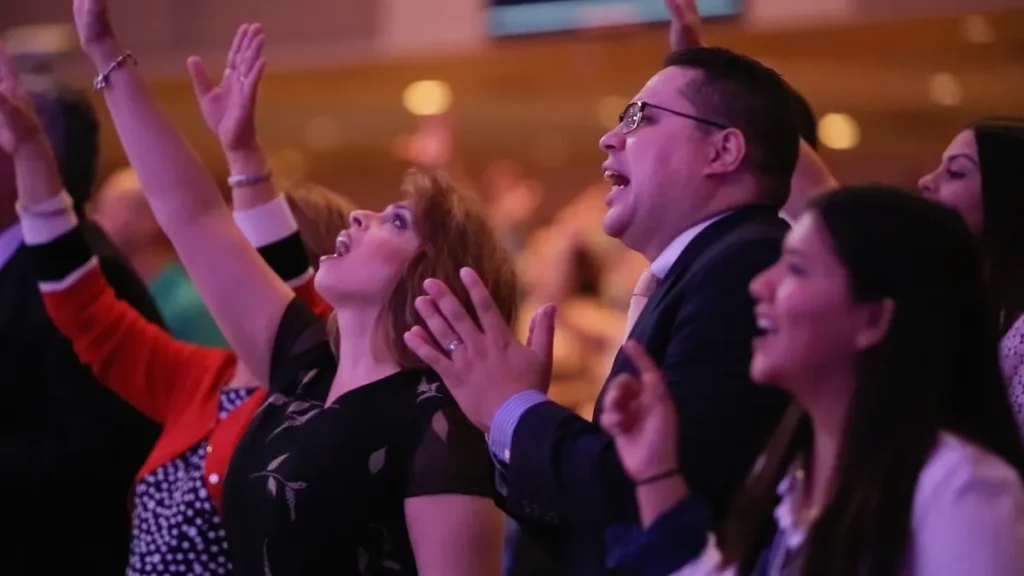
A bill that would make transporting people throughout the country without a legal status illegal is receiving backlash from Latino evangelicals and others who minister to immigrants.
With this legislation, Gov. Ron DeSantis and Republicans in Florida are cracking down on immigration. However, the bill’s transportation provision concerns religious leaders and groups about how they will carry out their work and live their beliefs.
The bill includes a provision making it a third-degree felony for anyone who “Transports into or within this state an individual whom the person knows, or reasonably should know, has entered the United States in violation of law and has not been inspected by the Federal Government since his or her unlawful entry from another country.”
The bill will “criminalize the church’s work,” said Gabriel Salguero, pastor of The Gathering Place, an Assemblies of God congregation in Orlando and founder of the National Latino Evangelical Coalition.
“We have schools, we have Sunday school, we have church vans that bring them to worship, we have soup kitchens that we sometimes drive people to who are undocumented because they need food. Sometimes we take them to their lawyer,” Salguero told NBC News.
The legislation was voted on in the Florida Senate Rules Committee in mid-March on a 15-5 party-line vote.
Two Republican Latino senators on the committee, Sen. Ileana Garcia of Miami and Sen. Ana Maria Rodriguez of Doral, supported the bill. A Latino Democrat, Sen. Victor Torres of Kissimmee, voted against it.
Many social services are only available to people with legal status. Matthew Soerens, vice president of policy and advocacy at World Relief, a Christian humanitarian organization, knows his congregants well enough to know who crossed the borders unlawfully. If a church worker gives the person a ride, it could mean up to five years in prison and 15 if the person is a minor.
Churches and religious groups do not want to put themselves at risk, even if bill sponsors and backers assure them the measures wouldn’t be used against them. Soerens said his church doesn’t ask people if they are undocumented, but they do learn of people’s status, as do many other churches.
“There are over 3,000 Latino evangelical churches in Florida, that’s not counting Latino Catholic churches and other Latino mainline (churches),” he said. Add in Haitian immigrants and churches that serve them, and it’s clear that the state is heavily populated by immigrants, he said.
The proposal is something of a déjà vu, reminding many working on the legislation of a 2005 federal bill that also proposed making it a felony to assist immigrants. Religious groups as well opposed this bill. José Vega, a minister at Chets Creek Church in Jacksonville, said he wanted to express his “concern” about the bill.
With DeSantis increasingly looking like he will seek the 2024 Republican presidential nomination, he’s been pushing a conservative agenda, including immigration.

Recent Comments